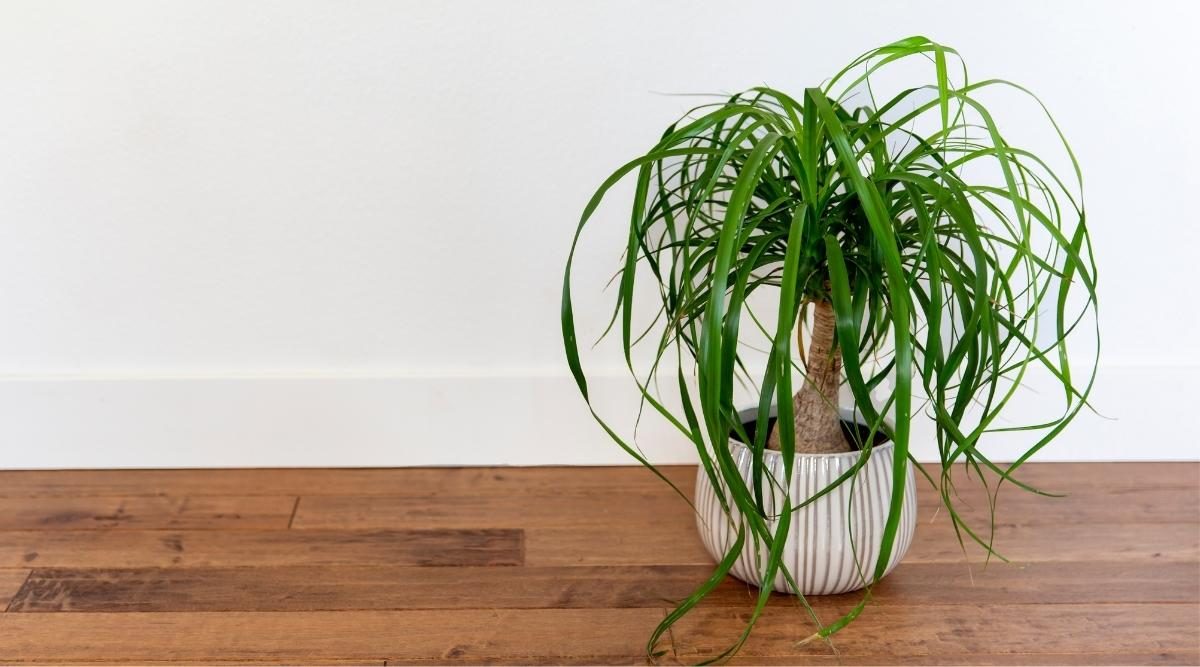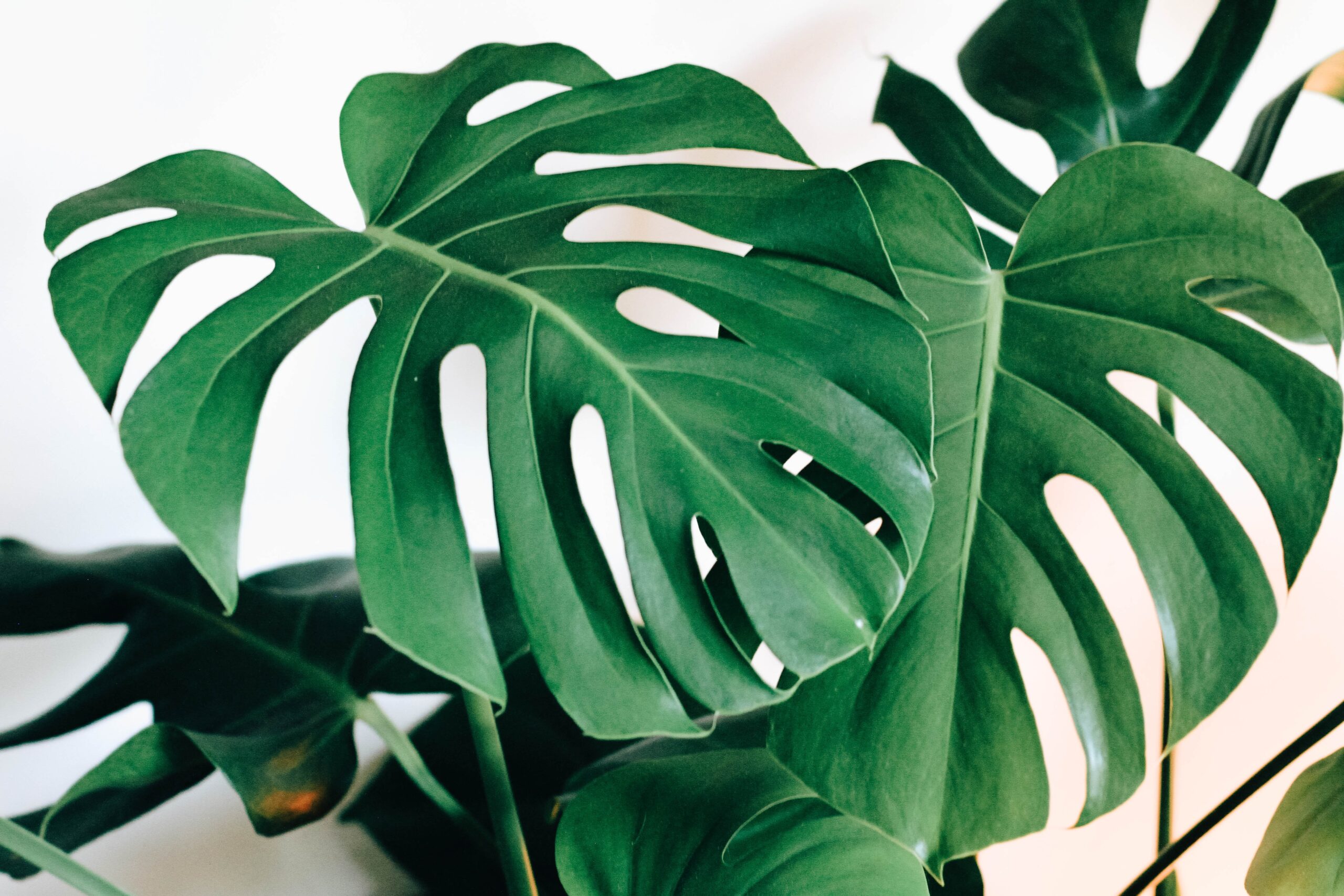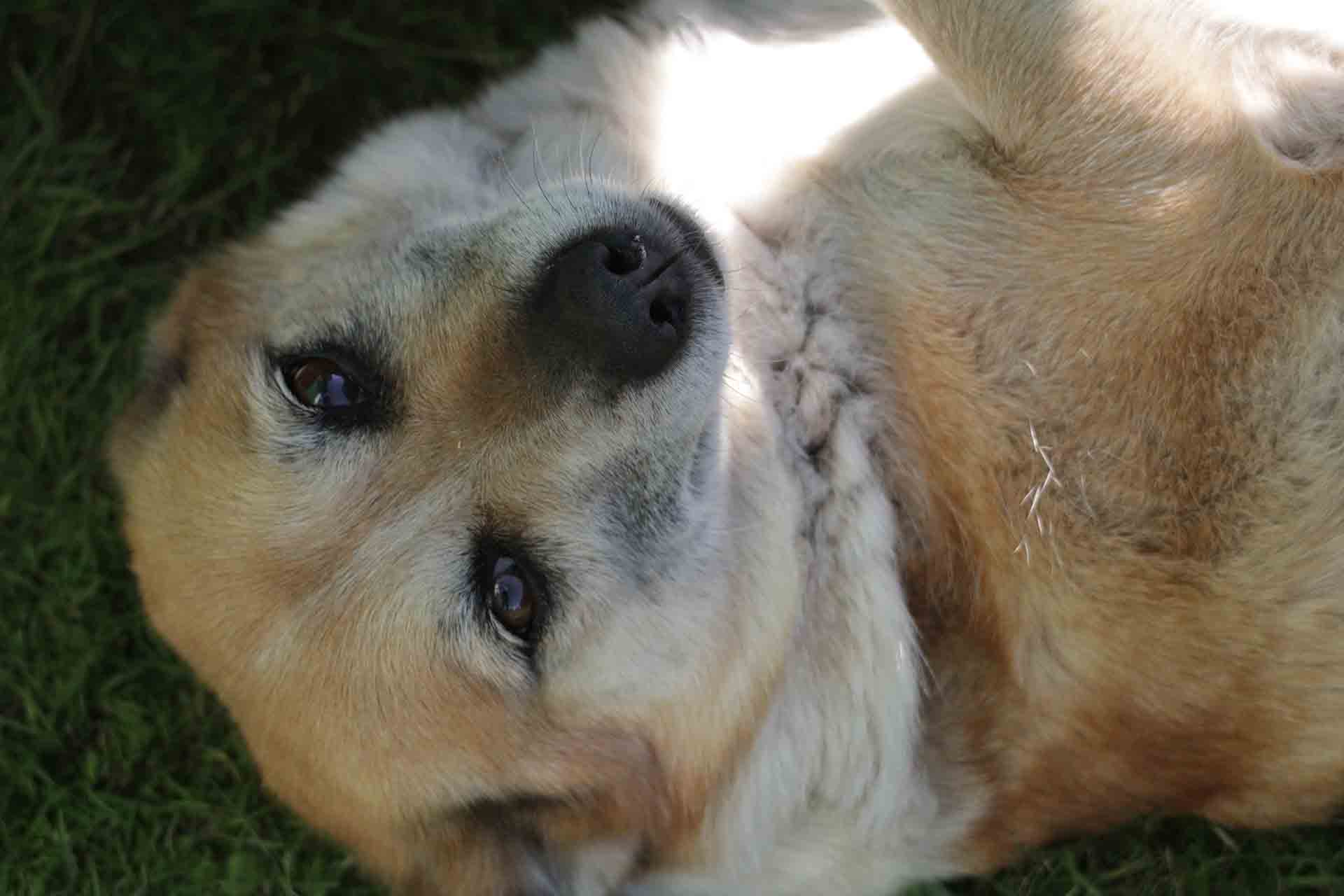The Ponytail Palm is not toxic to pets like cats and dogs, according to the response to this query. The herb is also safe for horses. While the Ponytail Palm is mostly harmless for cats, you should keep your cat away from it. For one thing, your cat may spoil your immaculate Ponytail Palm, but you also don’t want to risk causing any injury to your cat as a result of the plant. Although it is not a harmful plant, many pet owners are wary of it.
If you own a cat, you can’t dispute the need of scheduling regular vet visits. As a responsible cat owner, this will assist you in keeping your cat healthy at all times. You may also address any concerns you have with the vet regarding your cat and the Ponytail Palm plant that you have in your house during these sessions.
Are Ponytail Palms Toxic to Cats?
Toxicity lurks beneath the surface of many houseplants. One houseplant may produce hazardous sap when the stem breaks. Others have poisons in their leaves, making even casual touch hazardous to cats and dogs. Others need cats and dogs to consume plant material in order for the harmful ingredients to be absorbed by your pet.
Fortunately, the American Society for the Prevention of Cruelty to Animals (ASPCA) reports that ponytail palm is not poisonous to cats, dogs, or horses. They’re tiny, light, and entertaining houseplants that may be kept on coffee tables or near a window for optimal sunlight.
When in doubt, I always consult the ASPCA for plants safe for cats, because they’ve connected all common plants (such the spider plant) with existing toxicity data to determine which genuinely damage your cats and canines. And they placed it all in one big list post with tags and titles so you can return to it again and again.
Beaucarnea recurvata is perfectly safe to be around pets and children. They may easily take center stage in your living area due to their striking, sculptural appearance. The leaves, stem, and trunk are all non-toxic. Now that we’ve cleaned the air, you may care for them in your own house!
You may be interested in:
- Are Bromeliads Toxic To Pet Cats
- Are Fiddle Leaf Figs Toxic to Pet Cats, Dogs, or Other Animals
- Are Air Plants Toxic to Pet Cats, Dogs, or Other Animals
- Is The ZZ Plant Poisonous for Cats, Dogs, or Other Pets
- Are Venus Fly Traps Poisonous To Cats
Keeping Cats Out of Your Palm
The actual question is, how can you keep them safe from curious cats? Cats frequently destroy any plant in your home, whether it’s a fern, a cactus, or pretty much anything green, popular, easy to cultivate, and makes you happy.
If you intend to use them as houseplants, make sure they are kept in a pet-free environment. Here are a few pointers to keep your treasured palm safe:
- Cayenne pepper or citrus can be used to repel ponytail palm cats by emitting an unpleasant odor.
- Top your container with pebbles or stones and pinecones or crushed aluminum foil.
- Purchase plants such as catnip or lemon balm to entice them.
- To teach your cat, lightly spritz it with water whenever it comes close.
- To completely prevent the problem, grow your ponytail palm outside.
Cats are incredibly sensitive to smell, which is a huge advantage if you want to keep Beaucarnea recurvata away from them. There are several methods for making the plant smell “unpleasant” to the cat. A safe and efficient approach to keep cats away is to sprinkle cayenne pepper around the leaves.
Citrus is also disliked by cats. Put some dried orange or lemon peels inside the plant container if you have any laying about the kitchen. While this is a nice odor for you, it is effective in deterring cats.Make sure not to use a strong acid, such as lemon juice, since this might harm the leaves.
If your cat uses the pot as a litter box, “watering” it with urine, you may deter them away by placing unusual things within the pot, such as huge pebbles or stones.
Another excellent suggestion is to wrap the container in pine cones or crushed aluminum foil. The cats will avoid the windowsill totally if it has a sharp or odd texture. However, if you’re in a need, a breathable mesh cloth or chicken wire can do the work.
Don’t worry if your cat tries to get their paws in anyhow; there’s still something you can do. If you’re willing to go the additional mile, you may also purchase “sacrificial plants” such as lemon balm or catnip, which cats enjoy. Plant these plants in pots far away from the houseplants you wish to preserve, and your cats will seek for these more appealing plants rather than your prized palm.
These plants are among the most secure and visually beautiful plants to have in your home. You may simply keep your cats away from them by using the subtle tactics outlined above. You may store your palm beside the window for a fresh atmosphere because it requires little maintenance and has a long shelf life.
Conclusion
Although the Ponytail Palm (also known as Elephant Foot) is a very harmless plant, many pet owners are nevertheless hesitant to keep it in their homes because of their dogs. You may conduct more study on the plant before purchasing it, or you could always relocate this primarily indoor plant outside.









